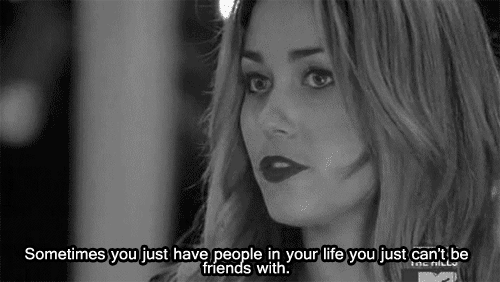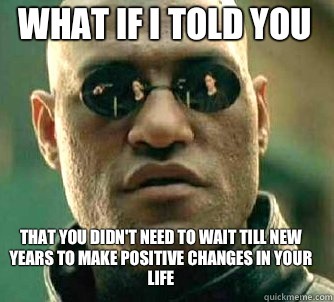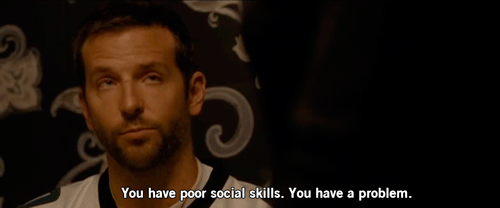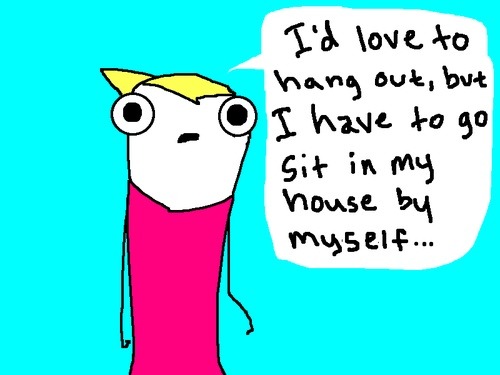
Breakups. We all go through them at one point or another in our lives. I mean, even Marshall and Lilly (from How I Met Your Mother) called it quits for a short while (a time we would all like to forget, I’m sure). The experience is practically unavoidable. But what I’d like to talk about are a different—and arguably more painful—kind of breakups: friendship breakups.
Now, friendships are weird. I don’t think I’ve ever actually sat down with a friend and said something along the lines of, “I think it’s time we stop this thing we’ve got going on here”, or “This friendship is just not working out… You’re great, though”. It’s just not something that’s ever occurred to me to do, and I can’t say it’s ever happened to me either, although we have broken up in many different ways.
Again, friendships are weird.
In a vacuum, our lives are basically an ongoing process of meeting new people and letting go of old ones (not all of them, of course). It’s just that, as we get older and grow as people and progress in our lives, it’s inevitable that we outgrow some friendships and simply drift away from others.
The way I see it, when it comes to any friendship, there are four possible pathways down which one can travel.
a) Keep them around.
Keep that friendship alive and healthy because you love them and they are kind, wonderful, supportive people who love and care for you and fill important spaces in your life.
b) Let the drifting occur.
It’s not that you two don’t love and care for each other—your lives are just different. When you hang out, you have nothing to talk about, and keeping up with someone whose life is so different from yours can be tough and takes a lot of energy.
I feel like this is particularly difficult for young adults like ourselves. As students attending the number one university in Canada, we can barely keep our heads above the water between painful amounts of schoolwork, extracurricular activities, resume-builders, part-time jobs, etc. etc.
Ain’t nobody got time to chase people!
Note—it’s okay to let drifting happen. Sometimes people are just not right to be in your life at that time and in that capacity; this is okay.
c) You rarely see them, but (and this is how C differs from B) that doesn’t affect your friendship.
Now, personally I find that this is rare, and when it does occur, you should consider yourself one lucky goose. You know you’ve found something special when you cannot be around them for a considerable amount of time, but once the two of you are together, it feels like you were never apart.
I mean, I have friends I only see a couple of times a year. My best friend from high school—at the time we were inseparable (we even changed our last names on Facebook to each other’s first names… Some serious best-friendship going on there)—now goes to a different school and we see each other only during holidays and big events. We even live three blocks from each other, but we both just have our own busy lives.
Sounds super depressing, but it’s not, because the second we’re reunited, we have an absolute blast. There are no secrets or fears of judgement, and we could literally sit there in silence doing nothing whatsoever and have an amazing time.
At this point, I’d really like to stress—friendships are weird.
But also wonderful.
d) Formally break up with them.
This option should be reserved for special cases—I like to call them “toxic friendships”.
These are the people who bring you down. They take every opportunity to remind you of your past mistakes and your flaws, and are all around just a source of negativity in your life. These people must be formally cut out, because you need to ensure that that source of negativity is not linked to you in any way, and thus has no way of worming its way back in.
Well, there ya have it, folks. Friend breakups. They’re difficult, no denying that. But you gotta know which people to keep around and which people to let go.
The important thing to remember is: if they love you, care about you, support you, have your best interests at heart—and you feel the same way about them—and the two of you have a great time together, they are a catch. Keep them. Love them. Nurture them.
They is kind. They is smart. They is important. (The Help reference, anyone??)







